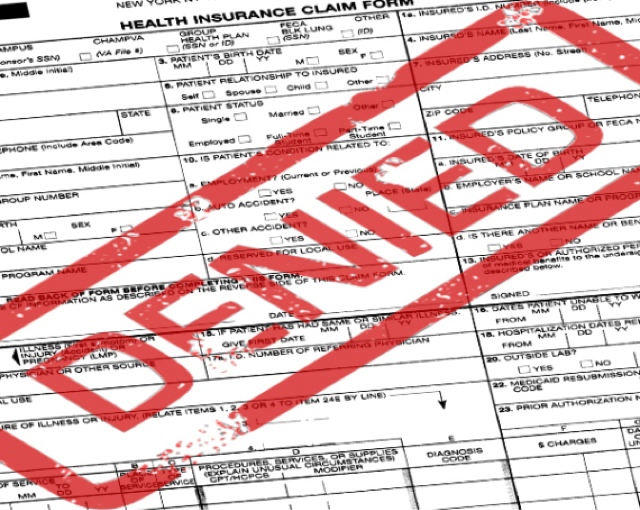Medical Professional: So you have melanoma?
Me: Yeah.
MP: Wow. You're so young... [This line also got old really fast]
Me: Yeah...
MP: So you tanned?
It was more of an assumption than a question. So, you tanned. And as the words reverberated in the silence of my shock, it began to feel more like an accusation than an assumption. Then she stuck me with needles and told me not to move for two hours, but not before I felt I had to tell her the whole awful story of my diagnosis.
That day I left cramped, sore, and sure of two things: 1. If my cancer had spread, it would be under my arm, not in my neck, and 2. I would be judged because of the type of cancer I got.
Cancer shaming isn't limited to melanoma. Lung cancer survivors are also judged, as are survivors of reproductive cancers, especially since the link between HPV and cervical cancer has been widely broadcast; did you get cancer because you were promiscuous? In a society focused on health and wellness, even cancers not traditionally linked to specific behaviors are attributed to the patient's lifestyle choices; consumption of processed foods, failure to exercise, being chronically stressed, all become fair game for others to question and judge the cancerous.
Let me break down for you what happens when cancer shaming occurs. For the person with cancer, prying questions about choices and behavior only foster guilt and call into question the role the survivor may have played in their own illness. For the asker, there is more to gain. If the patient did engage in 'cancer causing' behavior, while the asker did not, it reassures the asker that they are immune to cancer (and confirms for the patient that their cancer is obviously their fault). If the patient did not engage in cancer causing behavior, these questions lead to frustration, anger, and shame, as well as feeling the need to explain the cancer.
Maybe after reading this you're thinking to yourself that I must have caused my cancer to be writing about cancer shaming and how much I hate it. You're dying to ask, but now feel like you can't...But did you tan? Did you wear sunscreen?
I'll give you two answers. The first is my gut response to cancer shaming questions. Does it matter? Will you have less empathy if you know I chose a path that led to cancer? Should I accept my fate because I brought this on myself?
My second answer is this: No. I didn't tan, and yes, I wore sunscreen. I'm telling you this much because I want you to know that anyone can get melanoma, and you should go see a dermatologist, even if you take precautions. I'll fight back the urge to tell you the whole story of how someone who doesn't tan and wears sunscreen ends up with advanced melanoma. Because despite what cancer shaming has conditioned me to believe, I don't owe anyone an explanation of how or why I got cancer.


